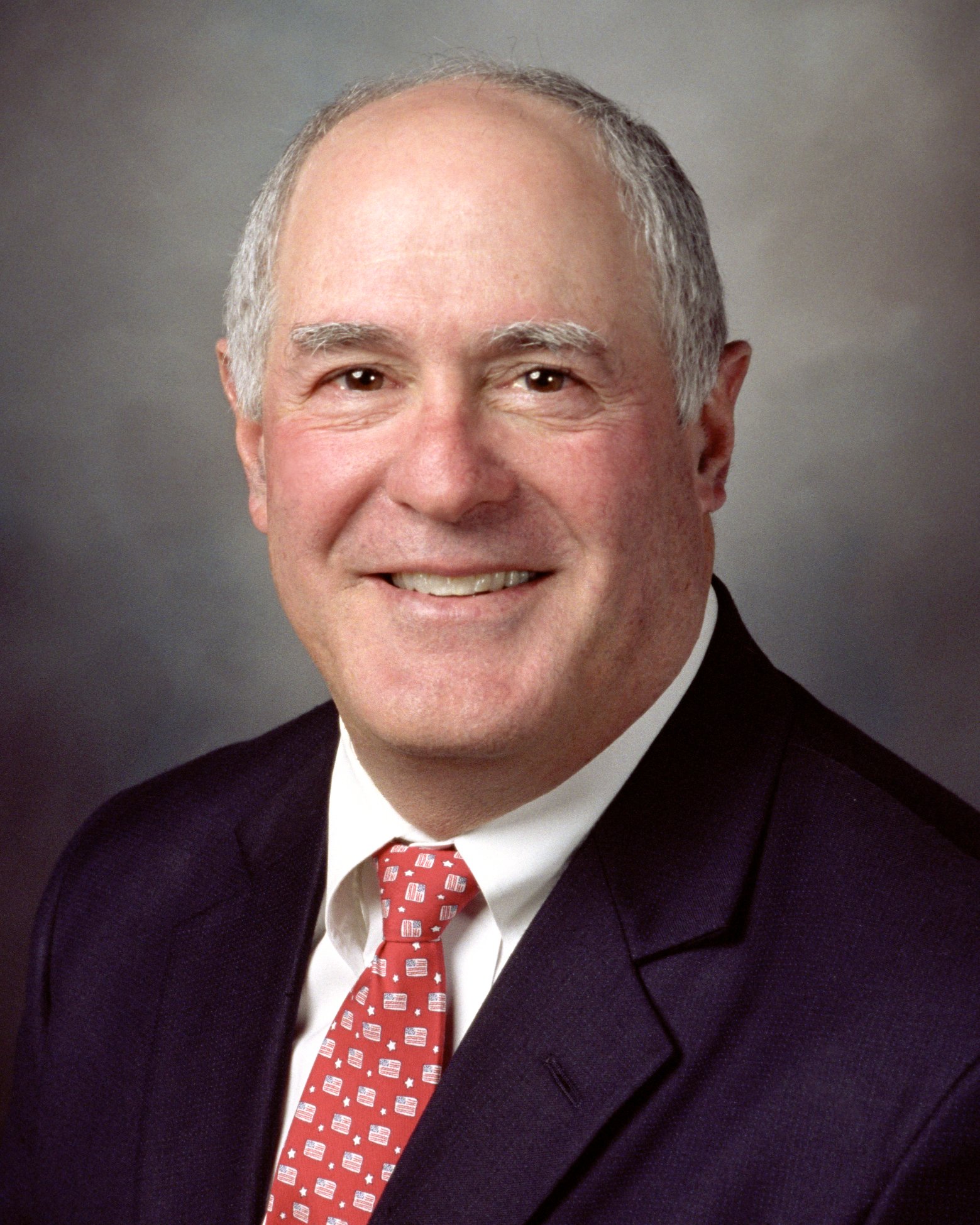Rep. Diane Patrick Calls on TEA to Defer School Ratings Another Year


It’s open season on Texas’ school accountability measures.
Yesterday’s big announcement from Texas Senate leaders is just the latest in a string of signs. Last week Bill Hammond from the Texas Association of Business—once a strong advocate for leaving STAAR and Texas’ school ratings alone—unveiled his plans to tweak the testing system. Before that, even Pearson lobbyist Sandy Kress conceded that 2009’s House Bill 3, which created the testing system we use today, “somewhat overshot.” And that’s all after months of outcry from parents and teachers in a growing anti-testing movement.
If a change is coming, though, it won’t take effect till next school year. Last year, Texas suspended its school ratings to ease the transition from the TAKS to the STAAR testing regimes.
Now, state Rep. Diane Patrick, R-Arlington, is asking the Texas Education Agency to do the same for the current school year.
In a letter to Education Commissioner Michael Williams last week, Patrick warned that if Texas uses the current ratings for just this year, “there will be more public confusion about what the ratings mean, uncertainty of their merit, and general distrust of the system.” (The Texas Association of School Administrators has posted her letter on its blog.)
Williams, too, has proposed new school ratings that could take effect after this school year.
“What I’m asking for is just an extension of the moratorium that has been in place,” Patrick told the Observer this week. “You can talk to almost any legislator and find they are very interested in making some change to the current accountability systems.”
Patrick, a leading House education figure who helped craft H.B. 3, said there’s still plenty worth saving from that system. The 15 end-of-course exams under STAAR, which students must pass to graduate, are an improvement over TAKS subject tests that may not necessarily coincide with the subjects students took in a given year—students in a geometry class, for instance, might have been required to take an algebra exam at the end of the semester.
As of Tuesday, Patrick said she hadn’t heard back from Williams or TEA about her request.
“All of these things, I think, are very positive steps, but I think we have to tap the brakes,” she said. Patrick, like many others in the Legislature lately, recommended building in multiple paths for students to graduate, and seeking more ways to get math and science credits from career-oriented courses.
That may sound pretty conservative, in a year of growing cries to end or seriously scale back the state test. But Patrick reads the atmosphere differently.
“There seems to be a concern, not so much with the test itself, as how it’s being used,” she said.


